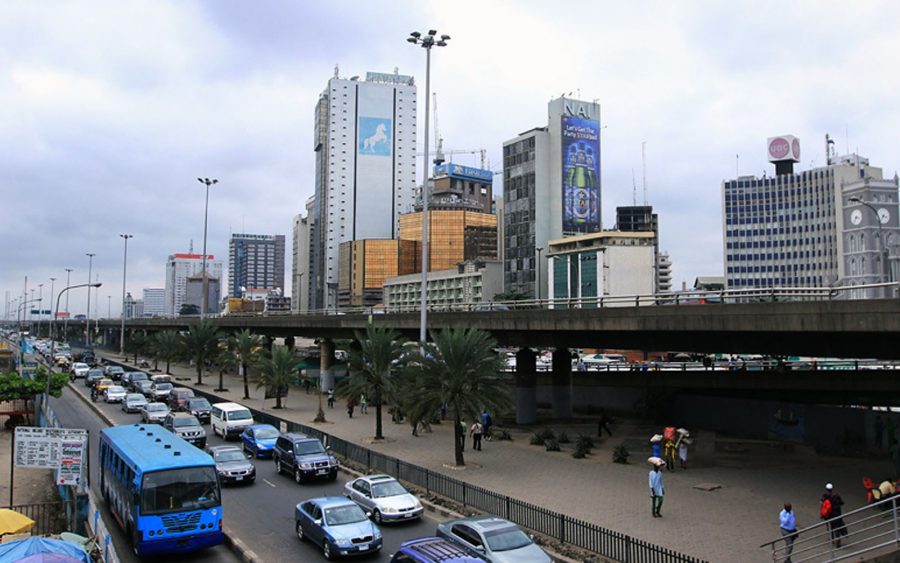Key highlights
- NECA insisted that Nigeria’s private sector is already overwhelmed by multiple taxes.
- They urge it may lead to massive capital flight, and the drive for direct foreign investment could be defeated.
- NECA says if the cost of governance can be addressed decisively, it has the tendency to reduce borrowing.
Any plan to increase Taxes to deal with Government deficit spending will weaken the purchasing power of individuals and stifle consumption.
It may also overwhelm the Private sector and make the business community more vulnerable with a trade-off between growth and job creation.
This was disclosed in a statement by the Nigeria Employers’ Consultative Association (NECA) Director-General, Mr Adewale-Smatt Oyerinde reacting to the IMF’s recommendations in its latest Fiscal Monitor report, “On the path to Policy Normalisation.”
Debt Service and Tax Burdens
In the report, IMF warned that in some low-income developing countries, debt is projected to continue rising (Nigeria), and some have asked for debt relief under the Group of Twenty (G20) Common Framework (Chad, Ethiopia, Ghana, Zambia).
They urged that Low-income developing countries have also made limited progress in ramping up their tax capacity, as is needed to achieve the Sustainable Development Goals and manage their debt burdens, they said:
- “In 2022, tax-to-GDP ratios in low-income developing countries remained, on average, 4.7 and 13.5 percentage points lower than those in emerging markets, and advanced economies.
- “In some cases, total revenues remain exceptionally low (Nigeria at 8.8 percent and Bangladesh at 8.7 percent of GDP).
Overwhelmed by Taxes
However NECA insisted that Nigeria’s private sector is already overwhelmed by multiple taxes, they added:
- “The imposing additional taxes on services will make the business community more vulnerable with a trade-off on growth and job creation.
- “More taxes, of course, will weaken the purchasing power of individuals and stifle consumption, with attendant consequences for social cohesion.
- “It may defeat any attempt to widen the tax net as taxpayers would consider tax avoidance measures.
- “There will be massive capital flight, and the drive for direct foreign investment could be defeated.”
Solutions
The NECA boss urged that FG should consider widening its tax net and that it was in support of the IMF’s recommendation to the government to consider widening its fiscal net, citing it as the way to go, he said:
- “In addition, one of the problems government at all levels in Nigeria has is the rising cost of governance.
- “If the cost of governance can be addressed decisively, it has the tendency to reduce borrowing since recurrent expenditure will automatically decrease.”
They added the $800m loan to serve as palliatives in view of the planned removal of subsidy was not necessary, urging that FG must give attention to fixing the refineries and making them operational in the coming months before the removal of petrol subsidy.
What you should know
IMF in its report noted that Fiscal deficits in low-income developing countries, at an average of 4.2 percent of GDP in 2022, showed moderate improvements relative to the worst of the pandemic.
- “Primary spending remained stable at 16.9 percent of GDP, just below its 2021 level, on average, as countries increased fuel subsidies and social spending to respond to rising energy and food import prices.
- “The increase in spending was more significant among commodity exporters (Burundi, Democratic Republic of Congo) and oil exporters (Nigeria, Yemen).
IMF also warned Nigeria is one of the Countries with existing energy subsidies that have faced substantial fiscal costs, which exceeded 2 percent of GDP in 2022 alone.
